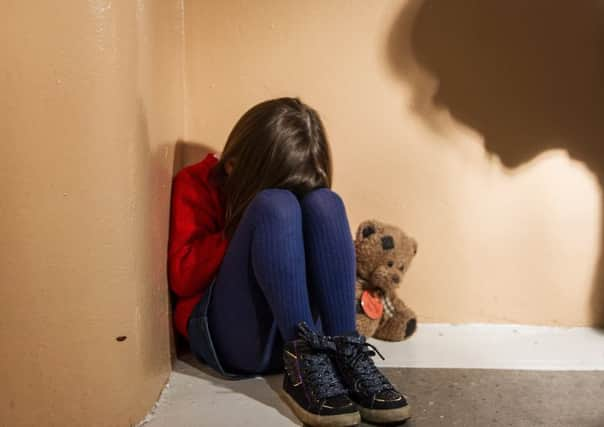Why is cruelty and neglect of children rising in England but falling in Scotland? – Professor Harry Burns


Over Christmas, several charities asked us to support their work in reducing maltreatment of children in various parts of the world. Their stories were heartbreaking and, hopefully, their appeals were successful. Watching them might have given the impression that the problem of violence against children was restricted to low-income countries or those affected by war. However, here in Europe, we have our own problems.
The World Health Organisation recently hosted a meeting in Estonia to discuss the issue of violence against children in Europe.
Advertisement
Hide AdAdvertisement
Hide AdOf 190 million European children, WHO estimates that, each year, at least 55 million of them will experience some form of violence. This might be physical, sexual, emotional, psychological violence or a mixture.
Much of the abuse goes unreported, but it is estimated that of the 204 million children under the age of 18 in the WHO European region, 9.6 per cent experience sexual abuse, 22.9 per cent experience physical abuse and 29.1 per cent experience emotional abuse. Furthermore, 700 children in the region are murdered every year. Is the UK any different?
Scotland bucks the trend
In 2017, the NSPCC published a report on the extent of abuse and neglect of children in the UK. They asked 18 to 24-year-olds about their experience of abuse and neglect.
Nearly 24 per cent had experience of domestic violence and 11.3 per cent had been abused sexually. Overall, 25.3 per cent said they had experienced significant maltreatment in the home or in the community. The data emerged from a telephone survey in which respondents were randomly selected and this method has limitations. However, the UK results are broadly similar to elsewhere in Europe.
Results in individual UK countries are surprising, however. The NSPCC report recorded offences of cruelty and neglect of children under 16. Between 2009/10 and 2015/6, they found increasing numbers of offences of cruelty and neglect of children under 16 by a parent or carer in England, Wales and Northern Ireland.
Offences doubled in England and tripled in Wales. Much of this increase may reflect better reporting. Scotland, however, experienced a 56 per cent reduction in reported offences against children over those five years. Why has Scotland bucked the trend? It’s hard to imagine that Police Scotland are recording crime less efficiently.
Since 2008, the Scottish Government has implemented a series of policies and programmes to improve children’s welfare. Could it be that Scotland’s approach to children’s wellbeing is actually making a difference? A range of policies, such as support for the UN Convention of the Rights of the Child, ‘Getting it right for every child’ (Girfec) and the improvement collaboratives which have enhanced wellbeing and development of babies and children, has been implemented.
A pathfinder country
This policy focus on children’s well-being may have been instrumental in delivering significant reduction in offences against children while the rest of the UK has seen significant increases.
Advertisement
Hide AdAdvertisement
Hide AdThe WHO conference suggested a package of policies to address violence against children. It encourages countries to implement and enforce laws; develop a culture of norms and values; provide safe environments, parent and caregiver support; strengthen economies and enhance income for poorer families; improve the responsiveness of support services and provide better education. Many of these policies are already in place in Scotland.
The Global Partnership to End Violence Against Children designates as pathfinder countries those that have made a formal, public commitment to action to end all forms of violence against children. Ending such abuse is also part of the UN Sustainable Development Goals. WHO relies on pathfinder countries to lead regional action on the prevention of and response to violence against children. Perhaps Scotland could be the pathfinder country for the UK?
Professor Sir Harry Burns is director of global public health at Strathclyde University